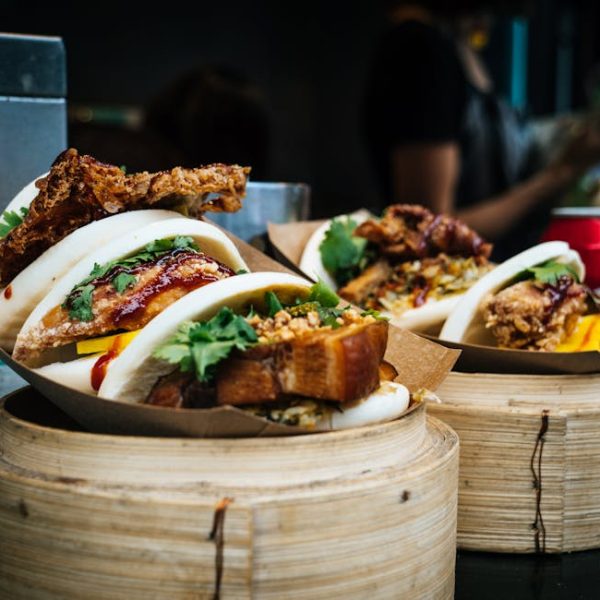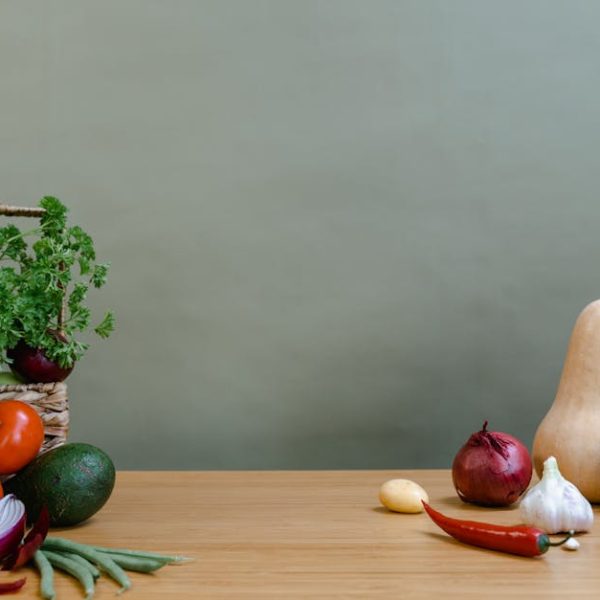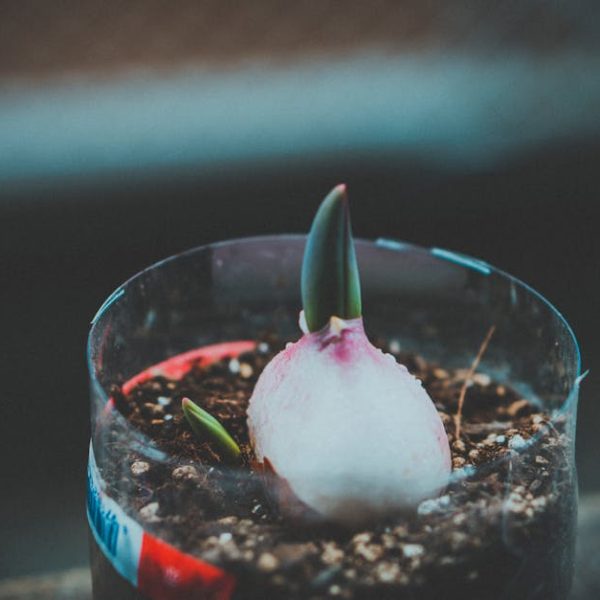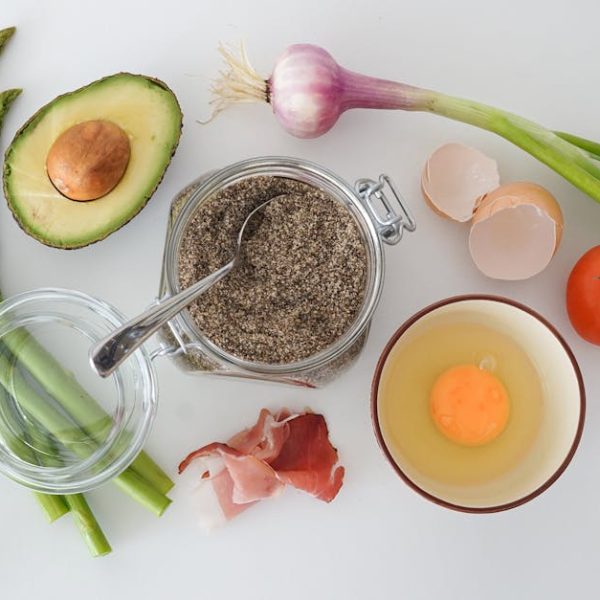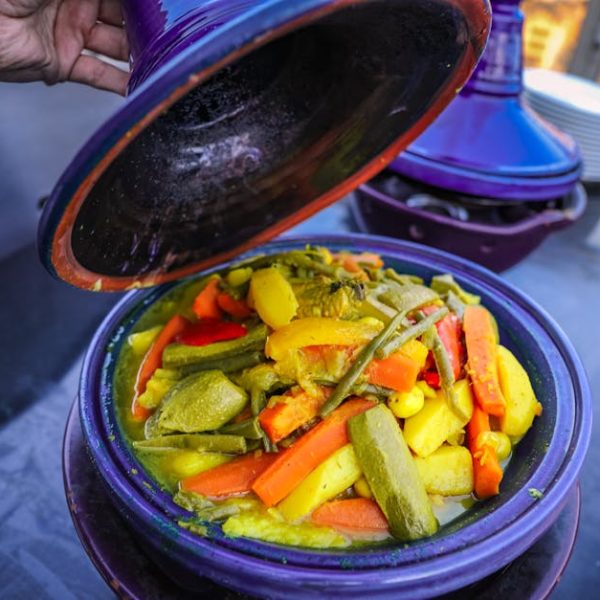When it comes to preserving the vibrant crunch and nutrient-dense goodness of carrots, sometimes a trip to the freezer is in order. As vitamin-rich root vegetables, carrots maintain their freshness and taste remarkably well when properly frozen. By following these six clever methods, you’ll be able to freeze carrots to retain their maximum freshness, whether you’ve just harvested a patch of home-grown carrots or got a great deal in the supermarket.
Method 1: Freezing Raw Carrots
Freezing raw carrots allows them to retain most of their nutritional content, such as beta carotene, fiber, vitamin K and antioxidants. This method, though simple, demands attention to detail to ensure optimal results.
- Start by thoroughly washing and peeling the carrots.
- Cut into equal size rounds, cubes, or julienne, depending on your preference.
- Spread them out on a baking sheet lined with parchment paper or a silicone mat.
- Place the sheet in the freezer for several hours until completely frozen.
- Once frozen, transfer the carrots into freezer bags or airtight containers, leaving minimal head-space, and seal tightly.
- Label the containers with the date of freezing.
Pro Tips: Choose carrots that are fresh, firm, and bright in color for freezing, avoid any that have cracks or spots. Also, ensure to use them within 8 months to get the best taste and nutritional benefits.
Method 2: Blanching and Freezing Carrots
Blanching carrots before freezing is a popular method as it helps maintain the vegetable’s vibrant color and taste profile. This is due to the short exposure to high heat, which destroys enzymes that can cause loss of flavor, color, and nutrients.
Checklist for Blanching:
- Start by washing, peeling, and cutting the carrots into equal sizes.
- Bring a large pot of water to a rapid boil and add the carrots.
- Blanch for about two to five minutes, depending on the size of the pieces.
- Quickly transfer the blanched carrots into ice-cold water to stop the cooking process.
- Drain, pat dry, and freeze on a baking sheet.
- Once frozen, pack into freezer safe bags or containers, label and store.
Best Practices: Blanching time is crucial; over or under blanching can lead to loss of color, texture and nutritional content. Always cool the carrots quickly after blanching to stop the cooking process.
Method 3: Freezing Cooked Carrots
While cooking carrots before freezing might alter their texture, it can be a great option for speeding up meal preparation. Carrots can be steamed, boiled, or roasted before freezing and it’s an excellent option for those who like their carrots a bit softer.
Instructions:
- Thoroughly wash, peel, and cut the carrots.
- Select your preferred cooking method and cook until tender.
- Allow the carrots to cool completely at room temperature.
- Once cooled, evenly spread on a baking sheet and freeze.
- Transfer the frozen carrots to freezer bags or containers, label, and store.
Comparison:
| Freezing Raw Carrots | Blanching & Freezing | Freezing Cooked Carrots |
|---|---|---|
| Retains most nutrients | Best for flavor and color | Good for meal prep |
| Crunchy texture when defrosted | Risk of over or under blanching | Softer texture when defrosted |
| Good for up to 8 months of storage | Stays fresh for up to a year | Ideal for quick meals |
For many, the chosen method often depends on their taste preference and the intended use of the carrots. Whether you’re freezing them raw, blanching them, or pre-cooking them, frozen carrots can add a healthy and savory boost to any meal providing you adhere to the best storage practices.
Method 4: Freezing Carrot Juice
Freezing carrot juice offers a fantastic way to preserve your carrots, delivering a potent dose of nutrients in a refreshing drinkable form. You maintain the health benefits and pleasurable taste of carrots while offering a convenience that fresh carrots cannot.
Instructions:
- Wash, peel and chop your carrots.
- Blend the carrots in a mixer or juice using a juicer.
- Strain the juice if necessary and sip to taste.
- Pour the juice into an ice cube tray or silicone mold and freeze.
- Once frozen, transfer the juice cubes to freezer safe bags, label with the date, and store.
Best Practices: The best way to use frozen carrot juice is to let it thaw in your fridge or by adding the cubes directly to your blender when making smoothies. Ensure to consume within 3 months, after which the juice’s quality slowly starts to deteriorate.
Method 5: Freezing Carrot Soup
Making a big batch of delicious carrot soup and freezing it can be a wonderful timesaver on those frantic weekdays. Not only does this method let you take advantage of a bounty of fresh carrots, but you can also fortify your soup with other ingredients to crank up the taste and nutritional profile.
Procedure:
- Start by preparing your chosen carrot soup recipe.
- Allow the soup to cool completely before freezing.
- Ladle the soup into freezer-safe containers or zip-top freezer bags.
- Leave some headspace in the container for expansion.
- Seal, label with the date and freeze the soup.
Pro Tips: Consider adding spices like turmeric, ginger, and garlic, or additional veggies, like onions and celery, to maximize the health benefits of your soup. Be sure to consume your frozen soup within 3 to 6 months, stir it well after reheating for uniform consistency and flavor.
Method 6: Freezing Grated Carrots
If you’re often tossing grated carrots into your cooking, be it a salad, a soup or a stir fry, freezing grated carrots can save you a substantial chunk of prep time. The great thing about freezing grated carrots is that it’s easy to measure out just the amount you need for a recipe.
Steps:
- Wash, peel and grate your carrots.
- Lay out the grated carrots on a lined baking sheet.
- Once frozen, scoop the grated carrots into freezer safe bags or containers, label, and store.
Best Practices: Make sure your carrots are dry before grating to avoid any ice formation. Also, pack your grated carrots loosely – this way, you can easily scoop out as much as you need without thawing the entire package. As with other freezing methods, it’s best to consume frozen grated carrots within 8 months for best quality.
While freezing carrots can change their texture and flavor slightly, these clever methods make it possible to enjoy the numerous benefits of this nutritious vegetable year-round. The key lies in the meticulous preparation and the correct freezing process. And once you master these methods, you’ll always have a stash of ready-to-enjoy carrots right at your fingertips.
Key Takeaway:
- Freezing is an excellent way to preserve the nutritional value and taste of carrots, offering versatility for multiple uses.
- Six methods to freeze carrots include freezing raw carrots, blanching and freezing, freezing cooked carrots, freezing carrot juice, freezing carrot soup, and freezing grated carrots.
- The key to successful freezing of carrots requires attentiveness to detail in preparation, freezing and storage instructions.
Stay positive; though the methods might require some time and effort at first, after a couple of tries, they’ll become second nature. The resultant convenience, the preservation of nutrients and the year-round availability of carrots make it a rewarding enterprise. Try new recipes, and enjoy the delightful flavors that these methods can help you preserve.
FAQs
Q: Can I refreeze carrots once they’ve been defrosted?
A: It’s not recommended to re-freeze defrosted carrots as it compromises the texture and can lead to the growth of harmful bacteria. It’s advisable to only defrost the amount you plan to consume.
Q: Does freezing carrots destroy its nutritional content?
A: With proper freezing methods, the nutritional content of carrots is largely preserved. Treatments like blanching can cause minimal nutrient loss, but overall, frozen carrots still maintain a high nutritional profile.
Q: Can I freeze carrots without blanching them first?
A: Yes, you can freeze carrots raw without blanching, but this may affect their color, texture, and flavor when defrosted. For better results, especially with longer storage periods, blanching is recommended.
Q: Can I use frozen carrots for all recipes?
A: Frozen carrots work best in cooked dishes like soups, stews or stir-fries. If a recipe calls for raw carrots, using fresh ones would be better to maintain crunch and texture.
Q: How do I know if my frozen carrots have gone bad?
A: If your frozen carrots have a strange smell, discoloration, or if ice crystals have formed due to fluctuating temperatures, it might be time to toss them out. A sour or off smell is also an indicator of spoilage.
Feel free to share this article with your friends and fellow food preservation enthusiasts and explore our website for more educational pieces about food and cooking.

